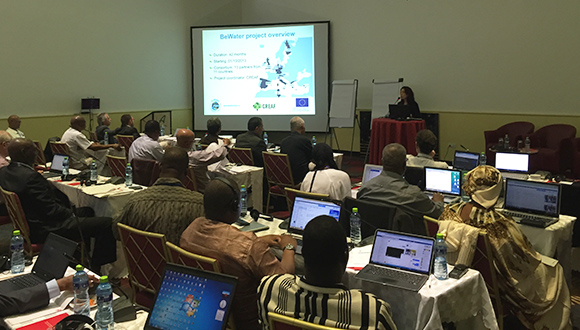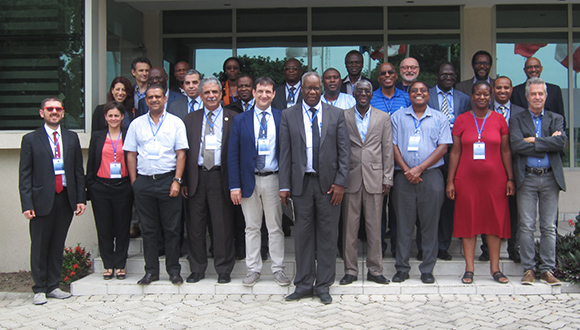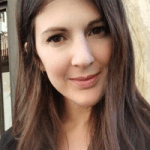CREAF establishes connections in Africa in the field of water management
Last November, two members of CREAF’s staff attended a workshop organized by the European Commission which was also attended by the Network of Centres of Excellence in Water Sciences (NEPAD). At this meeting held in Accra, the BEWATER project was presented as a successful case.

The project BeWater has come to a close, but it leaves a legacy of good practices in the water sciences for its innovative and participative character. As a testimony to this, its coordinator Anabel Sánchez was invited to present the project at a scientific conference in Ghana. The meeting was held within the context of the European-African cooperation project ACEWATER 2 which is coordinated by the Joint Research Centre of the European Commission (JRC). Also attending was the head of international projects at CREAF, Olga Roig, who gave a presentation on CREAF’s experience in management of European projects.
The meeting, held in the city of Accra during the first week of November 2016, had the objective of facilitating knowledge transfer in order to improve African participation in European projects. The success of the event was shown by the high number of centres, institutions, and regional governments in attendance, with representation from 21 African and 5 European countries.

“BeWater and CREAF generated a lot of interest among the participants and the trip was a very enriching experience for us. It opened up new possibilities for collaboration with the African continent,” says Olga Roig. The event was a great opportunity to discover potential synergies with similar centers in Africa and members of the NEPAD network.
These relationships have been maintained; in fact, for the presentation of the final results of BeWater in Slovenia in March there are already a number of registered participants encountered at the African workshop. “We are lucky to have these kinds of opportunities to work with African centers of excellence since this provide mutual learning. It would be interesting to explore working together in research projects; this way us scientists can do our part to address the important challenges facing society,” says the CREAF researcher Anabel Sánchez.







